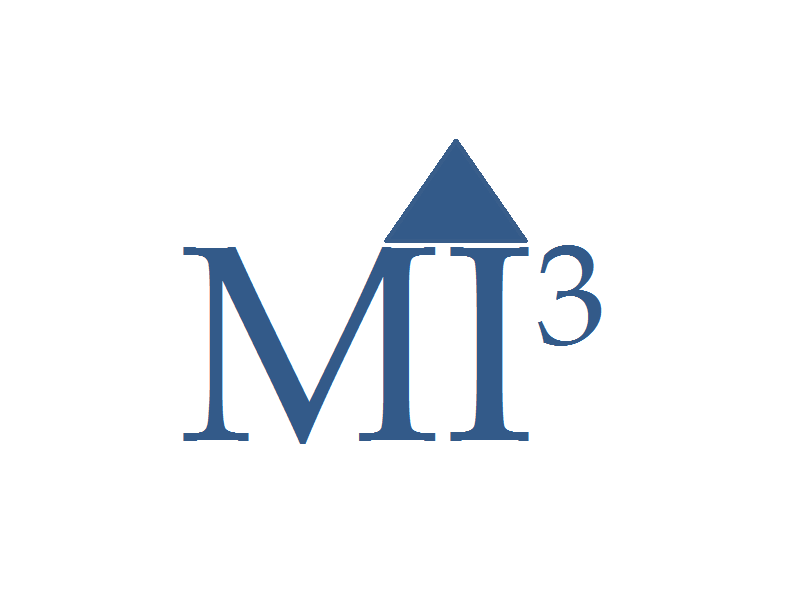Puma Exploration Discovers a 4th Gold Zone at Williams Brook With Samples* Grading Up to 9.87 g/t Au
RIMOUSKI, Quebec, Jan. 19, 2023 (GLOBE NEWSWIRE) — Puma Exploration Inc. (TSXV: PUMA, OTCQB: PUMXF) (the « Company » or « Puma ») is pleased to report the discovery of a 4th gold zone on its 100%-owned Williams Brook Gold Project in Northern New Brunswick, Atlantic Canada (Figure 1). Grab* samples from the new Panthera Gold Zone (“PGZ”) returned up to 9.87 g/t gold. The zone was explored briefly last fall, and more work is planned for 2023. Puma’s work continues to prove the presence of a large porphyry/epithermal gold system at Williams Brook with the potential for multiple deposits on the large land package.
Figure 1: Main Gold Zones of the Williams Brook Property is available at https://www.globenewswire.com/NewsRoom/AttachmentNg/f9ed9b18-e6be-49db-8135-90e41a81cca5
PANTHERA GOLD ZONE
The Panthera Gold Zone (“PGZ”) is located about 12 kilometres northeast of the Lynx Gold Zone (“LGZ”) along strike of the O’Neil Gold Trend (Figure 1). The discovery has the same geological characteristics as the other gold zones on the Williams Brook property: altered rhyolite containing mineralized quartz veins. Last fall, three (3) trenches were excavated for a total of 310 metres. The trenches exposed gold in quartz veins at surface that graded 9.87 g/t Au, 8.67 g/t Au, 7.45 g/t, 6.18 /gt Au, 5.92 g/t Au, 5.15 g/t Au, 4.05 g/t gold and 3.27 g/t Au.
This new gold discovery, similar to the Lynx Gold Zone, is located at the contact of a low/high magnetic anomaly and coincides with significant gold enrichment in soil samples collected by Puma in 2022 (Figure 2). Puma’s soil survey covered 3.8 km x 1.5 km and identified six (6) distinct gold anomalies over a 2.5 km trend. The success of the preliminary sampling on the newly identified Panthera Gold Zone is very encouraging, and follow-up work is planned for 2023.
Figure 2: Grab* samples and gold soil anomalies at the Panthera Gold Zone is available at https://www.globenewswire.com/NewsRoom/AttachmentNg/625174b5-fc60-47c5-b895-ad9cd4139342
*The reader is cautioned that grab samples are selective by nature and may not represent the true metal content of the mineralized zone.
ABOUT THE WILLIAMS BROOK GOLD PROJECT
The Williams Brook Project is comprised of 6 claim blocks covering more than 46,000 ha in an established and mining-friendly jurisdiction, near paved roads and with excellent infrastructure nearby. The land package is located near the Rocky Brook Millstream Fault (“RBMF”), a major regional structure formed during the Appalachian Orogeny and a significant control for gold deposition in the region.
The Lynx Gold Zone (“LGZ”) is Puma’s main area of focus. It is interpreted to be a mineralized felsic dome within a large gold system. It was discovered in 2020 by high-grade surface samples and later recognized at depth in 2021 by hole WB21-02 that intersected 5.55 g/t Au over 50.15 m from surface, including two high-grade gold veins with 9.88 g/t Au over 8.60 m and 46.94 g/t Au over 3.85 m. A follow-up 10,000 m (113 holes) drilling program identified several new high-grade veins at Lynx, including 51.73 g/t gold over 1.85 m (WB 22-66), 34.93 g/t gold over 3.00 m (WB22-23), and 22.38 g/t Au over 3.20 m (WB22-36) and identified three (3) gold enrichment zones along the 750 m strike length stripped to date.
A large orogenic/epithermal gold system is present at Williams Brook. Surface exploration work has identified several additional gold targets along the extension of the OGT and other gold trends on the large land package, including the Cougar (“CGZ”), Jaguar (“JGZ”) and Panthera (“PGZ”) Gold Zones.
QUALIFIED PERSON
Dominique Gagné, PGeo, a qualified person as defined by Canadian National Instrument 43-101 standards, has reviewed and approved the geological information reported in this news release.
ON-SITE QUALITY ASSURANCE/QUALITY CONTROL (« QA/QC ») MEASURES
Grab samples were bagged, sealed and sent to the facility of ALS CHEMEX in Moncton, New Brunswick, where each sample was dried, crushed, and pulped before being fire-assayed (Au-ICP21). The remaining coarse reject portions of the samples remain in storage for further work or verification as needed. As part of its QA/QC program, the Company inserts external gold standards (low to high grade) and blanks for every batch of surface samples. All samples over 10 g/t gold or with abundant visible gold are analyzed with a gravity finish (Au-GRA22).
Check assays are routinely performed for samples with visible gold to ascertain the gold content of the mineralization zone.
ABOUT PUMA EXPLORATION
Puma Exploration is a Canadian-based mineral exploration company with precious metals projects located near the Famous Bathurst Mining Camp (“BMC”) in New Brunswick, Canada. The Company is committed to its DEAR strategy (Development, Exploration, Acquisition and Royalties) to generate maximum value for shareholders with low share dilution.
Connect with us on Facebook / Twitter / LinkedIn
Visit www.explorationpuma.com for more information or contact:
Marcel Robillard, President and CEO, (418) 750-8510;
president@explorationpuma.com
Mia Boiridy, Head of Investor Relations and Corporate Development, (250) 575-3305; mboiridy@explorationpuma.com
Neither the TSX Venture Exchange nor its Regulation Services Provider (as that term is defined in the policies of the TSX Venture Exchange) accept responsibility for the adequacy or accuracy of this release.
Forward-Looking Statements: This press release may contain forward-looking statements. Such forward-looking statements involve a number of known and unknown risks, uncertainties and other factors which may cause the actual results, performance or achievements of Puma to be materially different from actual future results and achievements expressed or implied by such forward-looking statements. Readers are cautioned not to place undue reliance on these forward-looking statements, which speak only as of the date the statements were made, except as required by law. Puma undertakes no obligation to publicly update or revise any forward-looking statements. These risks and uncertainties are described in the quarterly and annual reports and in the documents submitted to the securities administration.
